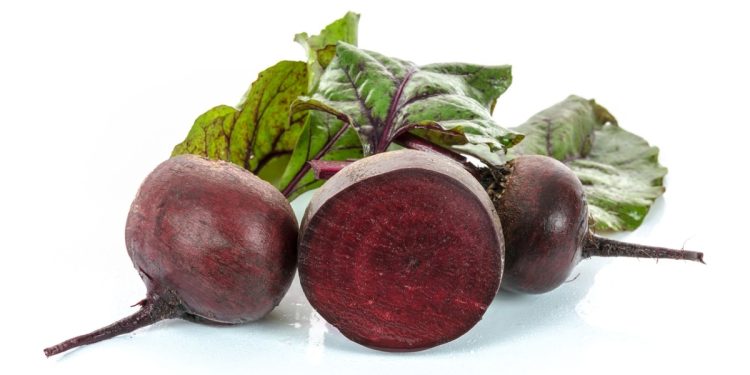#SugarBeet #PlantBreeding #Resistance #DampingOff #RootRot #ChemicalFungicides #GeneticImprovement #SustainableAgriculture #CropProtection #DLFBeetSeed
Aphanomyces cochlioides, a notorious pathogen, poses a significant threat to sugar beet crops, causing seedling damping-off and root rot disease. The reliance on chemical fungicides for protection has limitations, especially in later stages of infection. However, DLF Beet Seed is leading the way in revolutionizing sugar beet protection by harnessing resistant varieties through innovative plant breeding techniques. By combining phenotypic data with molecular marker segregation, DLF Beet Seed has identified key genes that enhance beet plants’ resistance to damping off. This groundbreaking development is expected to yield robust and high-yielding sugar beet varieties within the next three to five years, significantly reducing the reliance on chemical treatments and ensuring a sustainable future for sugar beet cultivation.
Aphanomyces cochlioides is a devastating pathogen that affects sugar beet crops, causing significant losses in yield. The disease manifests as seedling damping-off and root rot, destroying the plants and severely impacting sugar beet productivity. To combat the disease, farmers have relied on chemical fungicides, particularly hymexazol, during the early stages of infection. However, these fungicides often prove ineffective against later attacks, necessitating the search for alternative solutions.
DLF Beet Seed, a renowned seed company, is spearheading efforts to develop resistant varieties of sugar beet to counter the damping-off disease. Instead of relying solely on chemical treatments, DLF Beet Seed focuses on resistance breeding as a more sustainable and long-term strategy. By utilizing their resistant germplasm and employing advanced plant breeding techniques, they aim to improve the sugar beet plants’ inherent resistance and reduce the dependence on chemical fungicides.
Through a meticulous combination of phenotypic data analysis and molecular marker segregation, DLF Beet Seed’s research and development team has made significant progress in identifying genes that contribute to sugar beet resistance against damping off. These genes play a crucial role in enhancing the plant’s natural defense mechanisms and fortifying it against the pathogen’s attack. With this knowledge, DLF Beet Seed aims to develop and introduce resistant sugar beet varieties in the next three to five years.
The development and introduction of resistant sugar beet varieties by DLF Beet Seed will have far-reaching consequences for sugar beet cultivation. Firstly, it will provide a more sustainable approach to combating damping-off disease, reducing the reliance on chemical fungicides that have environmental and health implications. By minimizing the use of these chemicals, the ecological impact of sugar beet farming will be significantly reduced.
Furthermore, the resistant varieties developed by DLF Beet Seed are expected to deliver higher yields, ensuring economic benefits for sugar beet farmers. By successfully breeding for resistance, the company aims to provide farmers with robust and productive sugar beet plants that are better equipped to withstand the damaging effects of damping off. This, in turn, will enhance the profitability and sustainability of sugar beet cultivation.
DLF Beet Seed’s pioneering plant breeding efforts in developing resistant sugar beet varieties represent a significant step towards revolutionizing sugar beet protection. By harnessing genetic improvements and reducing reliance on chemical fungicides, DLF Beet Seed aims to secure stronger beet plants that can combat damping-off disease effectively. This breakthrough holds the promise of a future where sugar beet cultivation can thrive sustainably, ensuring higher yields and a reduced environmental impact.































